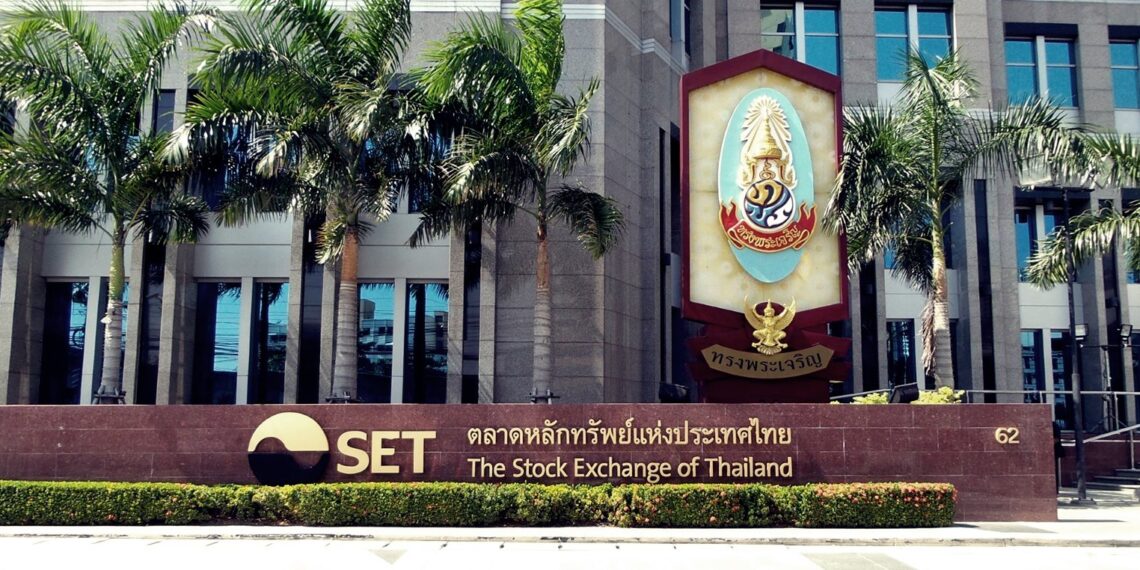No products in the basket.
Thailand’s SET Index declined by 0.50% in response to global market trends and the US tech earnings miss. Car production decreased by 20.11% in June. China reduced lending rates in an effort to stimulate the economy, while South Korea suggested tax reforms to promote growth.
Thailand’s Stock Market Performance
Thailand’s SET Index closed at 1,291.58 points, declining by 6.50 points or 0.50% with a trading value of 34.12 billion baht. Analysts noted this decrease aligned with global markets, impacted by disappointing 2Q24 earnings from US tech stocks. Domestically, investor sentiment was cautious ahead of Prime Minister Srettha Thavisin’s August 14 decisions, and underwhelming bank earnings also played a role. The market is expected to remain range-bound in the near term.
Thailand’s car production saw a substantial drop in June 2024, falling by 20.11% year-over-year to 145,557 units due to reduced pickup truck output and stricter financing conditions. Though car exports saw a slight improvement of 0.28%, domestic sales suffered considerably.
Economic Moves in China and South Korea
China’s central bank took unexpected monetary steps to bolster the economy, cutting the medium-term lending facility (MLF) rate to 2.30% and releasing 200 billion yuan ($27.5 billion) in one-year loans. This was the PBOC’s second surprise action within a week, aimed at counteracting sharp stock market declines.
South Korea introduced proposed tax benefits to support its economy amid challenges from an aging population and weak consumption. Changes include lowering the inheritance tax ceiling from 50% to 40% and removing additional burdens on controlling shareholders. Despite a projected five-year revenue reduction of 4.4 trillion won, Finance Minister Choi Sang-mok is optimistic about the reforms’ benefits, planning to submit proposals to parliament post-approval in late August.
Discover more from Thailand Business News
Subscribe to get the latest posts sent to your email.














